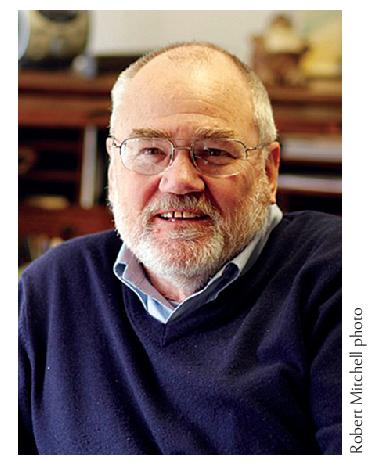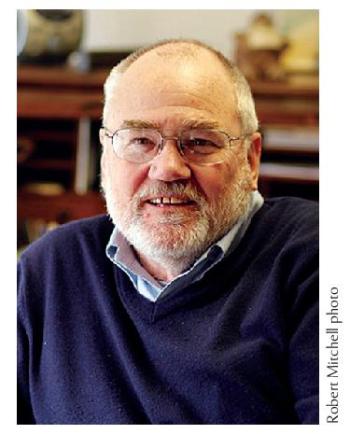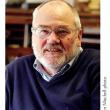Memorial Day
Did you view our Memorial Day parades? Do you know why we cheered the old marching veterans?
Today, our newspapers, television sets and smartphones bring us the news of a European war half a world away from our beautiful peninsula.
Usually, the video war stories come from reporters wearing helmets and bulletproof vests. They tell us of struggles and destruction in towns whose names and locations sound strange to most of us. They interview victims who have lost children and relatives. The victims usually speak in languages I do not understand. But I do understand their loss and pain.
Yes, we watch news of the current war, and see videos of soaring missiles and burnt-out tanks. They do not show us bodies torn apart by the conflict. They believe that would be too tough as we watch the news while eating supper.
We get most of our war news from highly paid guys in suits that fit just right or women whose hair is as perfect as her clothing.
They all give us a sanitized version of war.
War news was different during World War II. Eighty years ago, there was no TV or internet.
Then the Nazis were not a strutting gaggle of masked bully boys pretending to be tough as they marched through Charleston, Virginia, or downtown Portland. The World War II Nazis were bonafide bad guys with powerful armies that overran Europe and bombed London.
Lots of kids from Maine and elsewhere signed up to oppose them, and their folks back home found out how their boys were doing by reading newspapers.
Ernie Pyle was one of the best-known and most trusted newspaper reporters. Another trusted reporter was Howard Cowan, the former publisher of the Boothbay Register.
Ernie and Howard didn’t have bulletproof vests and fine suits. They wore the same clothing and boots as the American G.I.s and hunkered down with them in the mud. Then they tried to tell the folks back home what our soldiers experienced.
Here is what Pyle wrote about the famed Normandy invasion of June 1944:
“Beach landings are planned to a schedule that is set far ahead of time. But that schedule didn’t hold. Our men simply could not get past the beach. They were pinned down right on the water’s edge by an inhuman wall of fire from the bluff. Our first waves were on that beach for hours, instead of a few minutes, before they could begin working inland.
“Medical corpsmen attended to the wounded as best they could. Men were killed as they stepped out of the landing craft. Some men were drowned.”
On the day after the invasion, Pyle walked along that awful beach. Here is what he saw:
“It was a lovely day for strolling along the seashore. Men were sleeping on the sand, some of them sleeping forever. Men were floating in the water, but they didn’t know they were in the water, for they were dead.
“The wreckage was vast and startling. The awful waste and destruction of war, aside from the loss of human life, has always been one of its outstanding features.
“But there is another and more human litter. It extends in a thin little line, just like a high-water mark for miles along the beach. Here, in a jumbled row, for mile on mile, are soldier's packs. Here are sox and shoe polish, sewing kits, diaries, Bibles, and hand grenades.
“Here are toothbrushes and razors and snapshots of families back home staring at you from the sand. Here are pocketbooks, metal mirrors, extra trousers, and bloody, abandoned shoes.
“I picked up a pocket Bible with a soldier's name in it and put it in my jacket. I carried it a half a mile or so and then put it back down on the beach. I don’t know why I picked it up or why I put it back down.”
Using simple words like this, Pyle told us of the sacrifices our men endured to protect us from evil.
On Memorial Day, we remember the sacrifices of these men and others who dared to put on the uniform facing conditions like those described by Ernie Pyle.
Not all who served were in combat, like Boothbay’s Barry Sherman, Southport’s Jim Singer, or the late Air Force pilot Jay Zeamer Jr., a Boothbay summer resident awarded the Medal of Honor in World War II. But all answered the call when their nation called. For that, we owe them, whether they served in Europe, Korea, Vietnam, Iraq, or Afghanistan. They sacrificed for us all.
To those who served, and for guys like Ernie Pyle, who told us of their service, we owe a debt.
Thanks, vets. We are proud of you.

























